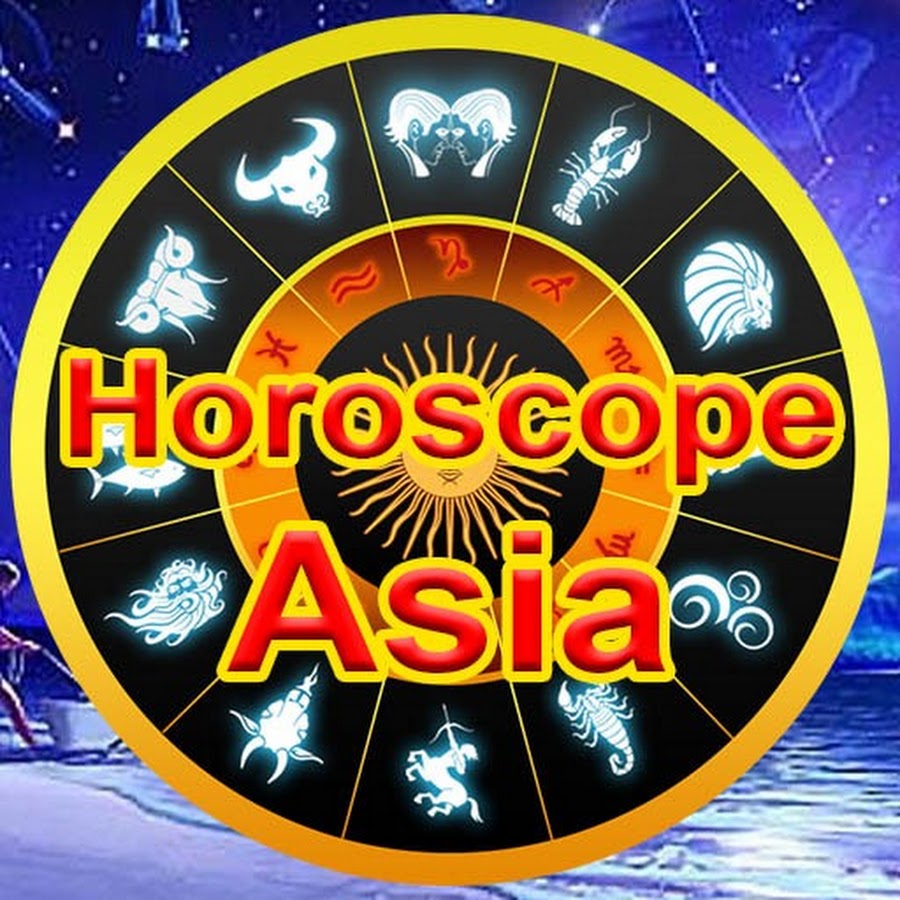Asian Horoscope

Astrology, an ancient practice deeply ingrained in cultures across the globe, holds a significant place in Asia. From the celestial patterns influencing daily life to the profound impact on decision-making processes, astrology plays a vital role in shaping perspectives and guiding individuals across various Asian societies.
Table of Contents
ToggleOrigins and Diversity:
Asian astrology encompasses a diverse range of systems and traditions. The Chinese Zodiac, one of the most renowned astrological systems globally, operates on a twelve-year cycle, each year represented by an animal sign. These signs, such as the Rat, Ox, Tiger, Rabbit, Dragon, Snake, Horse, Goat, Monkey, Rooster, Dog, and Pig, offer distinct characteristics and traits attributed to individuals born under each sign.
In India, Vedic astrology, or Jyotish, holds sway. Rooted in ancient scriptures like the Vedas, it emphasizes the positions of celestial bodies concerning an individual’s birth chart, or Kundli, to provide insights into one’s personality, relationships, career, and more. The twelve signs in Vedic astrology, or Rashis, bear resemblance to Western astrology but have unique attributes and interpretations.
Japan’s traditional astrology, known as Onmyodo, combines elements of astronomy and divination. It involves the study of the Five Elements and the Yin-Yang philosophy to understand cosmic influences on human affairs. Onmyodo practitioners use techniques like divining with water, Feng Shui, and geomancy to offer guidance.
Influence on Daily Life:
Across Asia, horoscopes hold a prominent place in guiding daily activities, relationships, and decision-making processes. For instance, in Chinese culture, people often consult their zodiac signs for compatibility in relationships, career choices, or even the best times to undertake significant endeavors. The Lunar New Year celebration, based on the Chinese Zodiac, marks a time for reflection, planning, and predictions for the year ahead.
In India, marriages are often arranged based on astrological compatibility, with families consulting astrologers to match birth charts for harmony and success in the union. Vedic astrology also guides individuals in auspicious timings for important life events like starting a business, purchasing property, or conducting religious ceremonies.
Interpreting the Signs:
Each zodiac sign in Asian astrology comes with its set of traits, strengths, weaknesses, and predictions. For instance, in the Chinese Zodiac, the diligent Rat is known for resourcefulness, while the ambitious Dragon symbolizes power and leadership. These traits shape how individuals perceive themselves and others, influencing their interactions and decisions.
In Vedic astrology, the Aries sign (Mesh Rashi) exhibits qualities of leadership, courage, and a pioneering spirit. Taurus (Vrishabha Rashi) represents stability, practicality, and determination. The interpretations of these signs go beyond the Sun sign and delve into the positions of other planets, providing a more comprehensive understanding of an individual’s personality and life events.
Contemporary Relevance and Evolution:
While deeply rooted in tradition, Asian astrology continues to evolve and adapt in contemporary society. Technology has made horoscope readings more accessible, with numerous online platforms offering personalized astrological insights based on birth details. Despite modernization, many still hold steadfast to these ancient practices, seeking guidance and solace in the wisdom of the stars.
Moreover, cultural exchanges and globalization have led to the widespread fascination with Asian astrology beyond its borders. The allure of discovering one’s compatibility, personality traits, and future predictions has transcended geographical boundaries, contributing to the popularity of Asian astrological systems worldwide.
Conclusion
Asian horoscopes offer a fascinating glimpse into ancient wisdom, guiding millions across the continent in various aspects of life. Whether it’s the intricate Chinese Zodiac, the profound insights of Vedic astrology, or the mystical practices of Japan, these traditions continue to captivate and influence individuals, fostering a deeper connection between the cosmic and the personal realms.
Embracing the diversity and richness of Asian astrological traditions allows for a deeper appreciation of cultural heritage while providing individuals with profound insights into their lives, relationships, and destinies. As the celestial dance continues, the allure and relevance of Asian horoscopes persist, offering guidance and solace in an ever-changing world.





